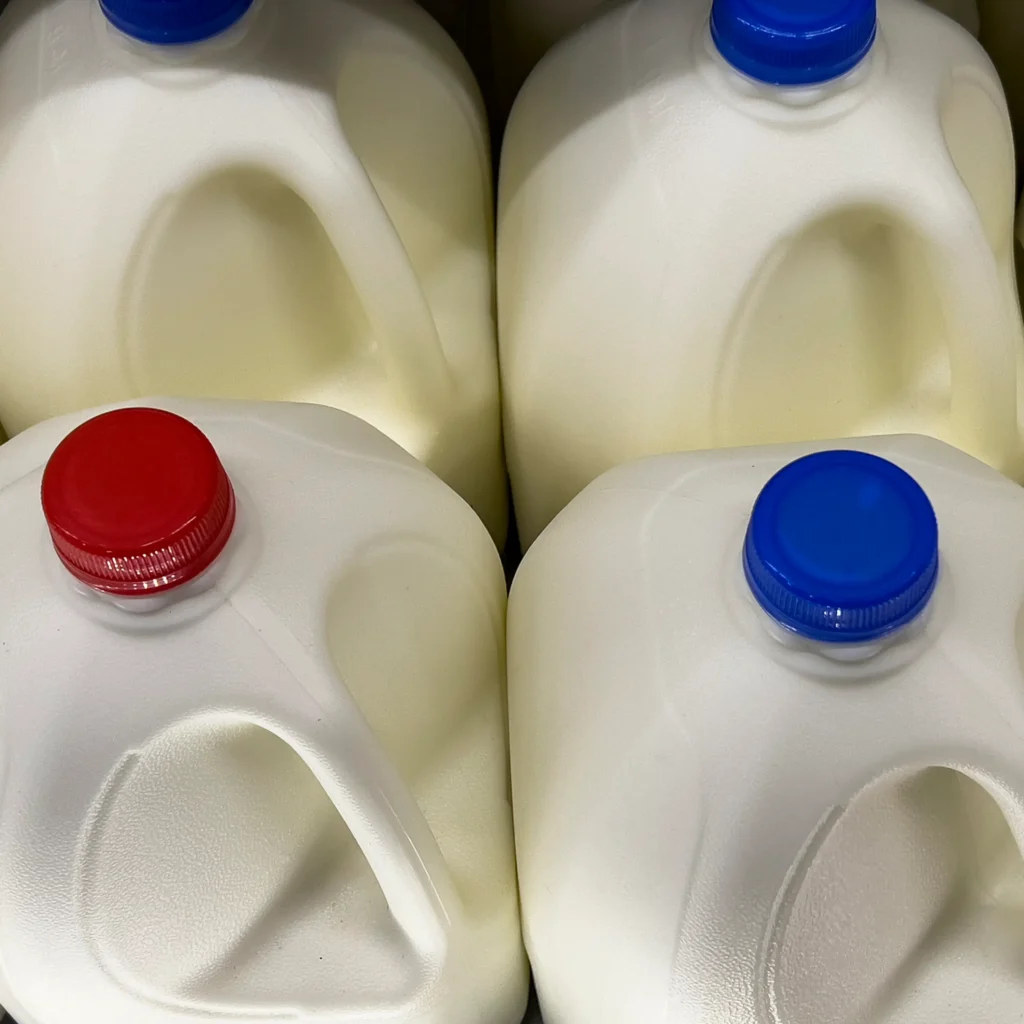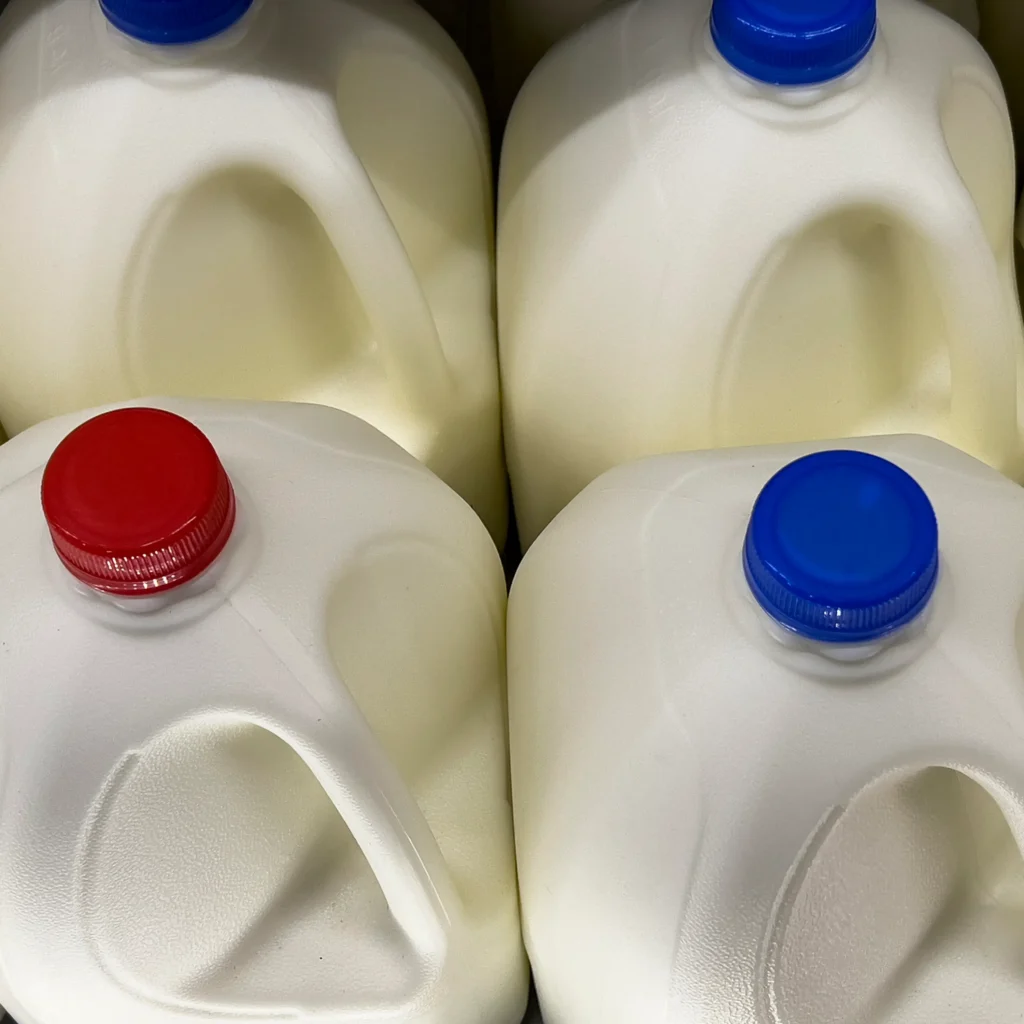A World Wide Fund for Nature (WWFN) study is urging environmentally minded consumers to give up their bottled water and drink tap water instead.
Noting consumers often drink bottled water out of a belief that bottled is healthier for them and more environmentally sensitive than tap water, the study notes neither belief is necessarily true.
While tap water and bottled water are generally safe yet equally vulnerable to safety concerns, the consumption of bottled water is unquestionably more harmful to the environment, concludes the study.
Capitalizing on health and environmental misperceptions, contends the study, the bottled water industry is one of the fastest-growing beverage industries in the world. The industry is worth $22 billion, with world consumption growing by 7 percent a year, according to the study.
Catherine Ferrier, author of the WWFN report, observes bottled water consumption reflects a certain way of life. According to Ferrier, bottled water is perceived as pure and safe. It is considered to be a healthy beverage and is frequently associated with consumers who are health-conscious and environmentally aware.
However, bottled water “can suffer from the same contamination hazards as tap water,” states Ferrier. She notes the Food and Drug Administration’s rules for bottled water are often weaker than EPA regulations applying to tap water.
Bottled water is tested for bacteria and chemical contaminants less frequently than city tap water. A 1986 EPA survey of 25 bottlers showed that none of them had ever conducted a complete analysis of their water. When EPA conducted its own analysis, it found that 8 percent of the water showed evidence of bacteria. Anecdotal evidence showed that plastic bottles did not have caps on when they in arrived at bottling plants and weren’t washed or rinsed prior to filling.
Although her study concludes bottled water is no more healthy or pure than tap water, Ferrier notes the bottled water industry has benefitted from strict federally mandated labeling requirements on other beverages.
No friend of the environment
Of greater concern in the WWFN study is bottled water’s negative impact on the environment. Packaging materials are often environmentally unfriendly in and of themselves.
“Manufacturing, recycling, or incinerating bottles of water implies energy needs and some outlets in air and water of polluting particles,” notes Ferrier. “Trading and transporting bottled water all over the world has obviously a negative impact on the environment, mainly through fuel combustion and the release of polluting particles into the atmosphere.” Tap water, on the other hand, “is more energy-efficient, as it is provided through underground pipes.”
“Bottled waters,” the study concludes, “should not be considered a sustainable alternative to tap water: they are not exempt from periodical contamination and are less energy-efficient than tap water. Tap water is and should remain a public service meant to deliver good quality drinking water.”
For more information . . .
The full text of the 26-page WWFN report, “Bottled Water: Understanding a Social Phenomenon,” published in April 2001, is available on the Internet in Adobe Acrobat’s Portable Document Format. Download the file at http://www.panda.org/livingwaters/pubs/bottled_water.pdf.



